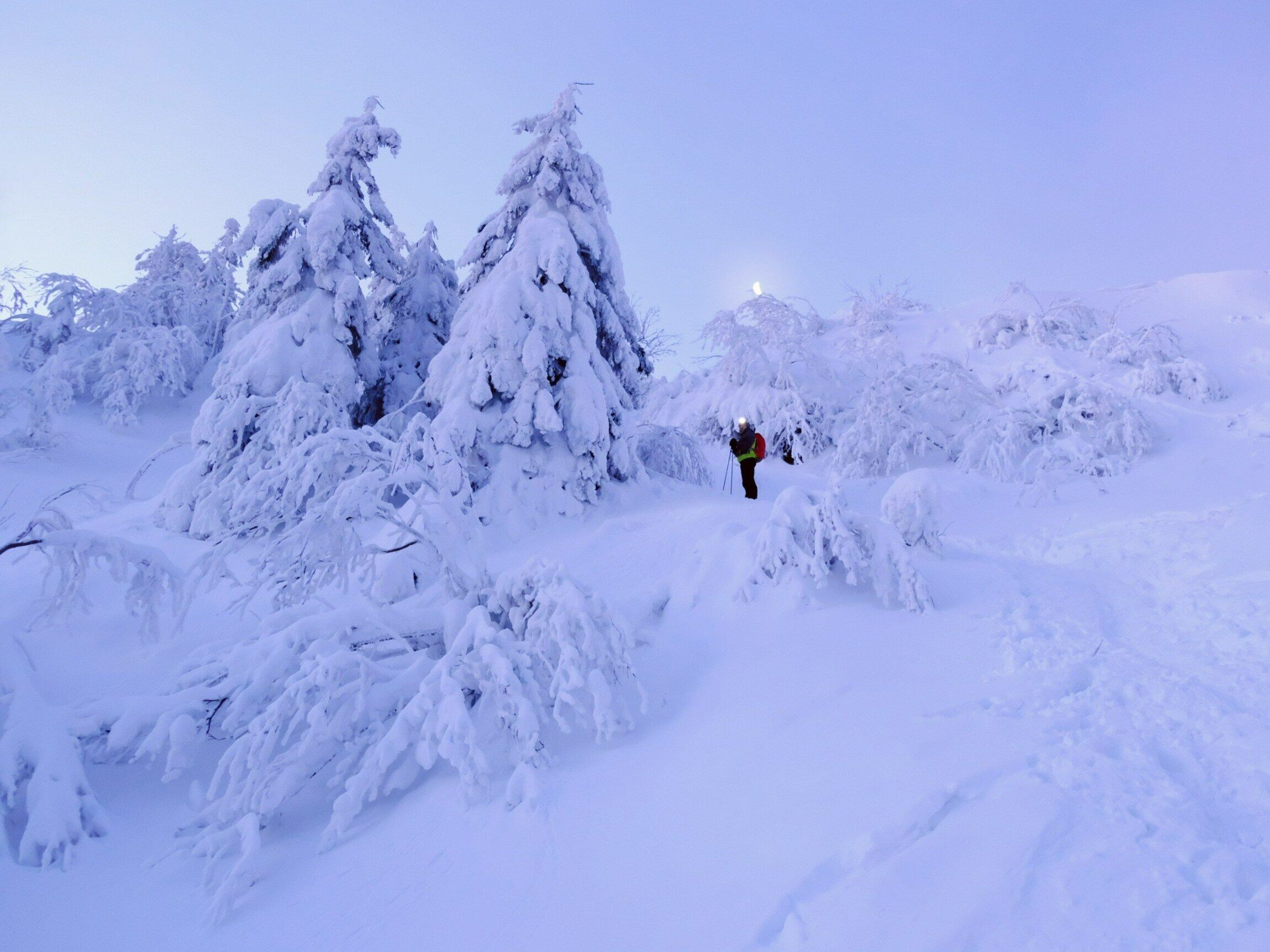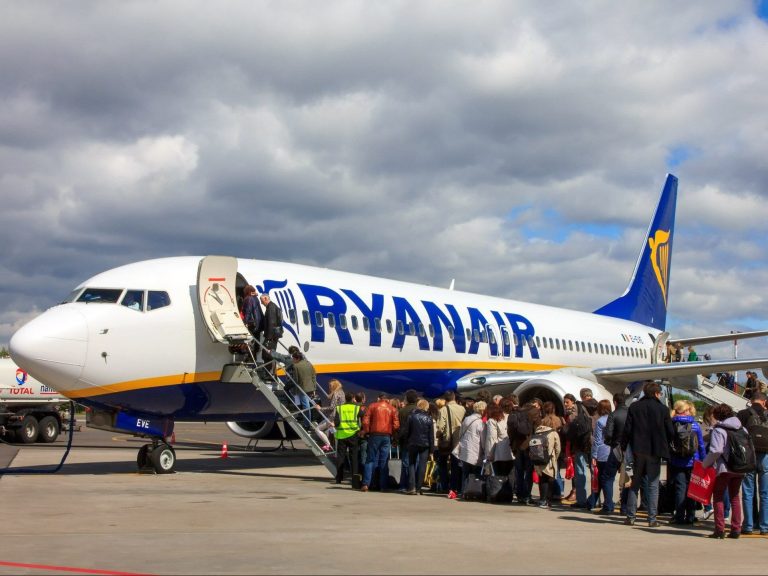The tourist was lying in the snow on the top of Babia Góra. He was only wearing short shorts

An experienced walrus lost consciousness during an expedition in the Beskids. The man was on the verge of life and death. Rescuers found him by accident.
A tourist who went alone to the top of Babia Góra without the necessary equipment was found by a rescue patrol during a routine inspection. If it weren’t for her, the man would probably be dead. Due to extreme hypothermia and loss of consciousness, the mountain walrus was unable to call for help, even though he had a phone with him.
Rescue operation on Babia Góra
This is another recent intervention in the mountains involving an extremely hypothermic tourist. “At. 14:12 Rescuers during a routine patrol at the top of Babia Góra found a man lying in the snow. The injured party was close to losing consciousness, had difficult contact, and was on the verge of degree 3 hypothermia. He was wearing only shorts, a thin hat and gloves, and low shoes,” reads the message posted by GOPR Beskidy on Facebook.
Life-sustaining action began by warming the hypothermic tourist in the emergency tent. At 4:10 p.m., rescuers carried the man on a stretcher through the Brona Pass, from where he was lowered on ropes to the Zapałowicz Bivouac. “Then he was transported by scooter with a trailer to Markowe Szczawiny and then by GOPR ambulance to Zawoja Markowa, where at At 17:30 he was handed over to the Emergency Medical Team,” we read.
GOPR talks about irresponsible behavior of tourists
15 rescuers were involved in the four-hour expedition. However, the dangerous event could have been avoided. The GOPR organization assessed the tourist’s attitude as irresponsible. The man went to the mountains all alone and, like the 76-year-old who decided to camp in the Tatra Mountains three days ago, he did not inform anyone about his critical condition. His state of consciousness did not allow him to take any action – so he was very lucky that rescuers found him wandering on the top.
Conditions on Babia Góra (1,725 meters above sea level) are currently very difficult. Low temperature, gusty wind, limited visibility and second degree avalanche danger can test the skills and health of even the most experienced walruses and climbers.






